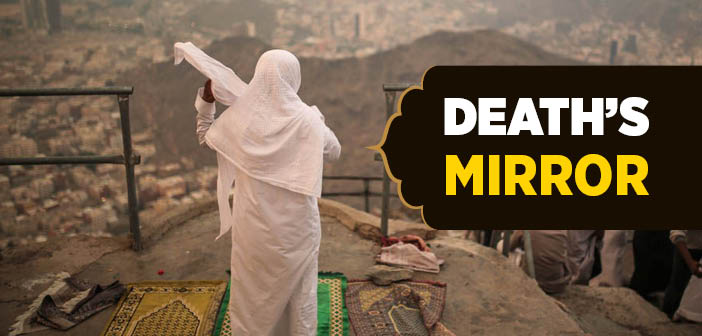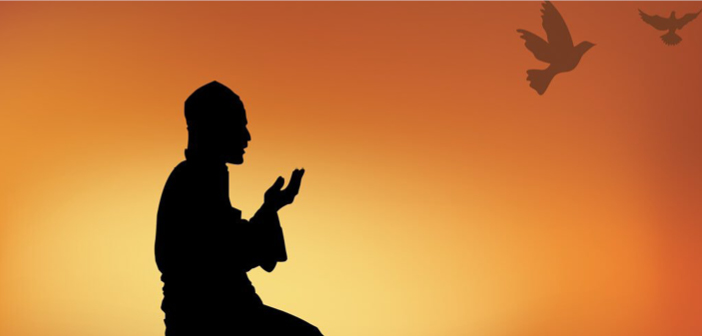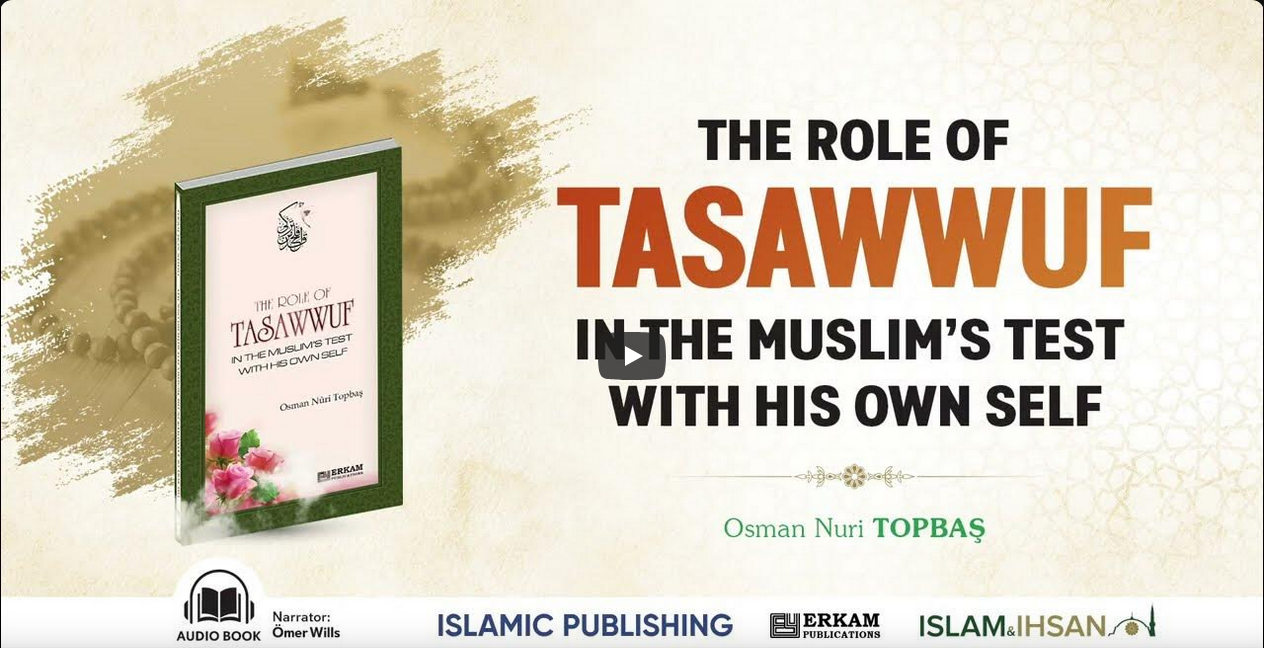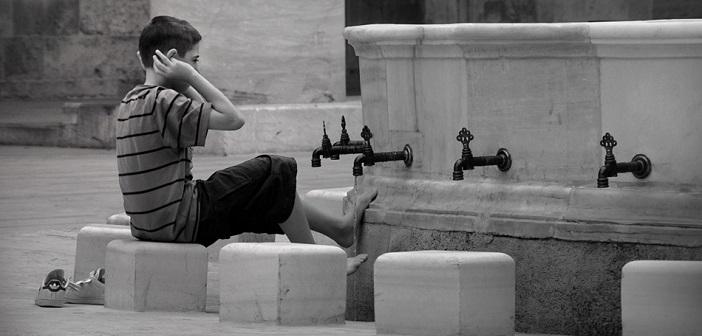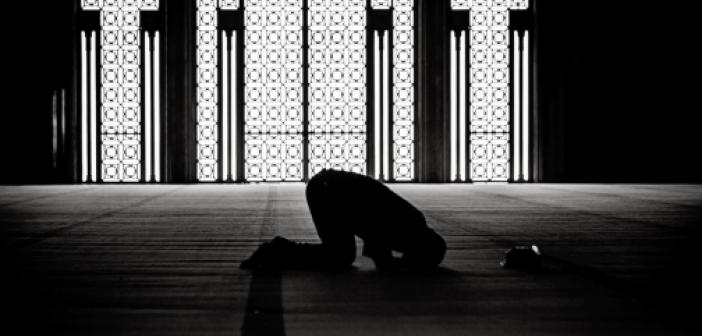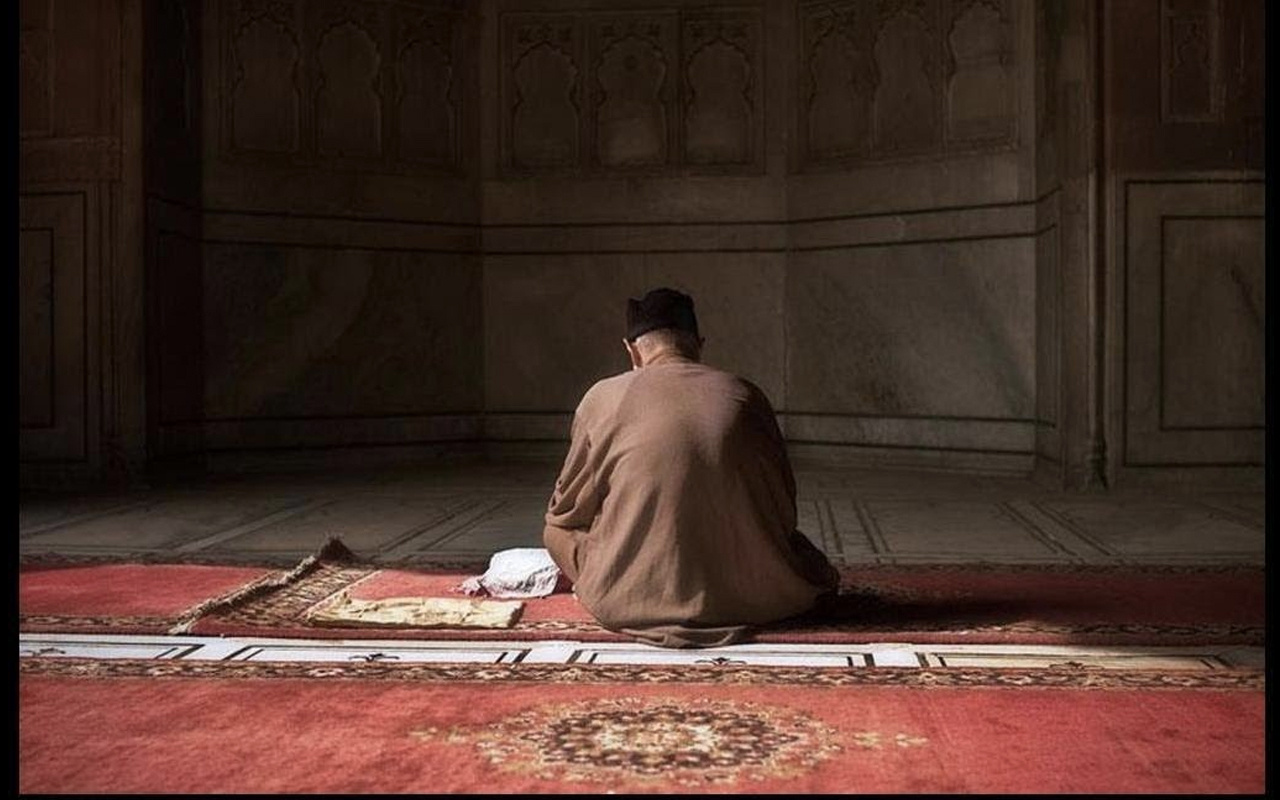
Lightening The Reckoning
What is the lightening the reckoning in islam? What is the reckoning?
Deliverance from the terrifying reckoning of the Day of Judgement necessitates, in particular, making up in this world for wrongs they have committed against others. The Messenger of Allah (may Allah bless him and grant him peace) said in one narration:
"Whoever has wronged their fellow believer in respect to their honour or anything else should ask for their pardon before their death, as in the Next World there will be neither dinar nor dirham.
They should secure pardon in this life before some of their good deeds are taken and paid to their fellow believer. If they have done no good deeds, some of the bad deeds of their fellow believer are taken to be burdened upon them in the Next World." (Bukhari, Mazalim. 10, Riqaq 48)
It is stated in another narration:
"O people, whoever has violated the rights of another human being, let them hasten to secure pardon (in this world) and not be troubled by (the possibility of) worldly disgrace. Know well that worldly disgrace is much lighter than ignominy in the Next World." (Tabarani, al-Kabir, XVIII, 280; Ibn al-Athir, al-Kamil, II, 319; Haythami, IX, 26)
Again, by way of demonstrating the essentiality of expiation in this world for making easier the reckoning in the Next World, the Messenger of Allah (may Allah bless him and grant him peace) made the following supplication: "May Allah have mercy upon a slave who has wronged his brother in respect to his honour or his wealth, then he comes to him to seek his pardon before his right is taken, when he will have no dinar nor dirham..." (Tirmidhi, Qiyama, 2/2419)
It should not be forgotten that the rights of the slaves (haqq al-'ibad) are very important and are deferred to the reckoning in the Next World – provided they are not redressed in this world. As stated in a Prophetic narration, reaching the Day of Judgement with such liability and burden reduces a person to a position of 'bankruptcy'.
Indeed, the Messenger of Allah (may Allah bless him and grant him peace) once asked his companions:
"Do you know who the bankrupt person is?"
They replied, saying, "The bankrupt amongst us is one who has neither dirham with him nor wealth."
Allah's Messenger said:
"The bankrupt of my community is the person who will come on the Day of Judgment with prayers, fasting and charity but they will find themselves bankrupt on that day as they would have exhausted their virtues since they hurled abuse at others, brought calumny against others and unlawfully consumed the wealth of others and shed the blood of others and beat others.
So, their virtues will be credited to the account of those who suffered at their hand. And if their good deeds fall short of clearing the account, then the sins of those they have wronged will be entered in this slave's account and they will be thrown in into the Fire." (Muslim, Birr, 59; Tirmidhi, Qiyama, 2/2418; Ahmad, II, 303, 324, 372)
That is the real bankruptcy. The slave – may Allah protect us from that – becomes bound for the Fire when they were in fact journeying to the Garden.
Sufyan al-Thawri (may Allah have mercy on him) once said:
"It is easier for you to meet Allah with seventy sins which are between you and Him [i.e. where you have violated His command] than meeting him with one sin between you and another person [i.e. where you have violated the rights of another human being].”
Exegete, Narrationist and jurist al-Qurtubi says concerning these words:
"These words are true, for Allah is Self-Sufficient and Generous, while the children of Adam are poor and in need. On the Day of Judgement, human beings will be in need of even a single act of goodness, that weighs heavily on the scales and that their good deeds outweigh their evil ones." (Qutubi, Tadhkira, p.726)
Muhammad ibn Jahsh (may Allah be well pleased with him) relates:
We were sitting with the Messenger of Allah (may Allah bless him and grant him peace) when he raised his head toward the sky, and put his palm on his forehead.
Then he said, 'Glory be to Allah! What a stern warning has been revealed!'
We fell silent in fear.
The following day I asked him, 'O Messenger of Allah, what is this stern warning that has been revealed?'
The Messenger of Allah (may Allah bless him and grant him peace) said:
'By the One in whose hand is my soul, if a man were to be killed in the cause of Allah then brought back to life, then killed again, but he owed a debt, he would not enter the Garden until his debt was paid.'" (Nasa'i, Buyu', 98/4681)
Another Prophetic narration states:
"All the sins of a martyr are forgiven except debt." (Muslim, Imara, 119)
If this is the situation of martyrs – who will hold the highest position in the Next World after the Prophet s – when it comes to the rights of others, then we ought to think about what the state of other people will be.
One of the greatest rights of human beings are the rights of parents, which cannot be recompensed with any form of goodness. In Islam, kindness to parents follows obedience to Allah and His Messenger in importance. Allah Almighty declares in a Qur'anic verse:
"Your Lord has decreed that you worship none but Him, and that you should show kindness to your parents. Whether one or both of them reach old age with you, do not to say, ‘Ugh!’ to them out of irritation and do not be harsh with them but speak with them with gentleness and generosity." (Al Isra’, 17:23)
This is because our parents are the means for our coming into this world and are a great gift. Allah, glory be to Him, has made His approval and good pleasure contingent upon the good pleasure and approval of one's parents. The Messenger of Allah (may Allah bless him and grant him peace) emphasises this truth as follows:
"The good pleasure of Allah lies in the good pleasure of one's parents, and the anger of Allah lies in the anger of one's parents." (Tirmidhi, Birr, 3/1899)
Thus, the rights that our parents have over us are too numerous to be counted. Could it at all be possible to repay them when they have given everything in way of protecting us from life's trials and storms? The following similitude is offered in a prophetic narration:
"No child can do enough for their father, unless they found him in slavery and purchased him to set him free." (Muslim, Itq, 25; Abu Dawud, Adab, 119-120; Tirmidhi, Birr, 8/1906)
Allah commands kindness in one's treatment of parents and fulfilling their legitimate wishes, even if they are non-Muslims. However, those matters that are considered disobedience to Allah are of course excluded,[1] as there can be no obedience to creation that is disobedience to the creator.
Notwithstanding the importance of the rights of parents, if parents neglect the spiritual nurture of their children, or if they bring them up in a way that is displeasing to Allah, thus causing them to become wrongdoers, their children will have a case against them on the Day of Reckoning. They will claim that their parents did not teach them to distinguish truth from falsehood, set a good example for them, or properly fulfil their duties as parents. It is then that parents will seek a place of escape from their own children.
[1] See, Qur'an (31:15).
Source: Osman Nuri Topbaş , Journey To Eternity, Erkam Publications
Dying as Muslims

Death’s Mirror
